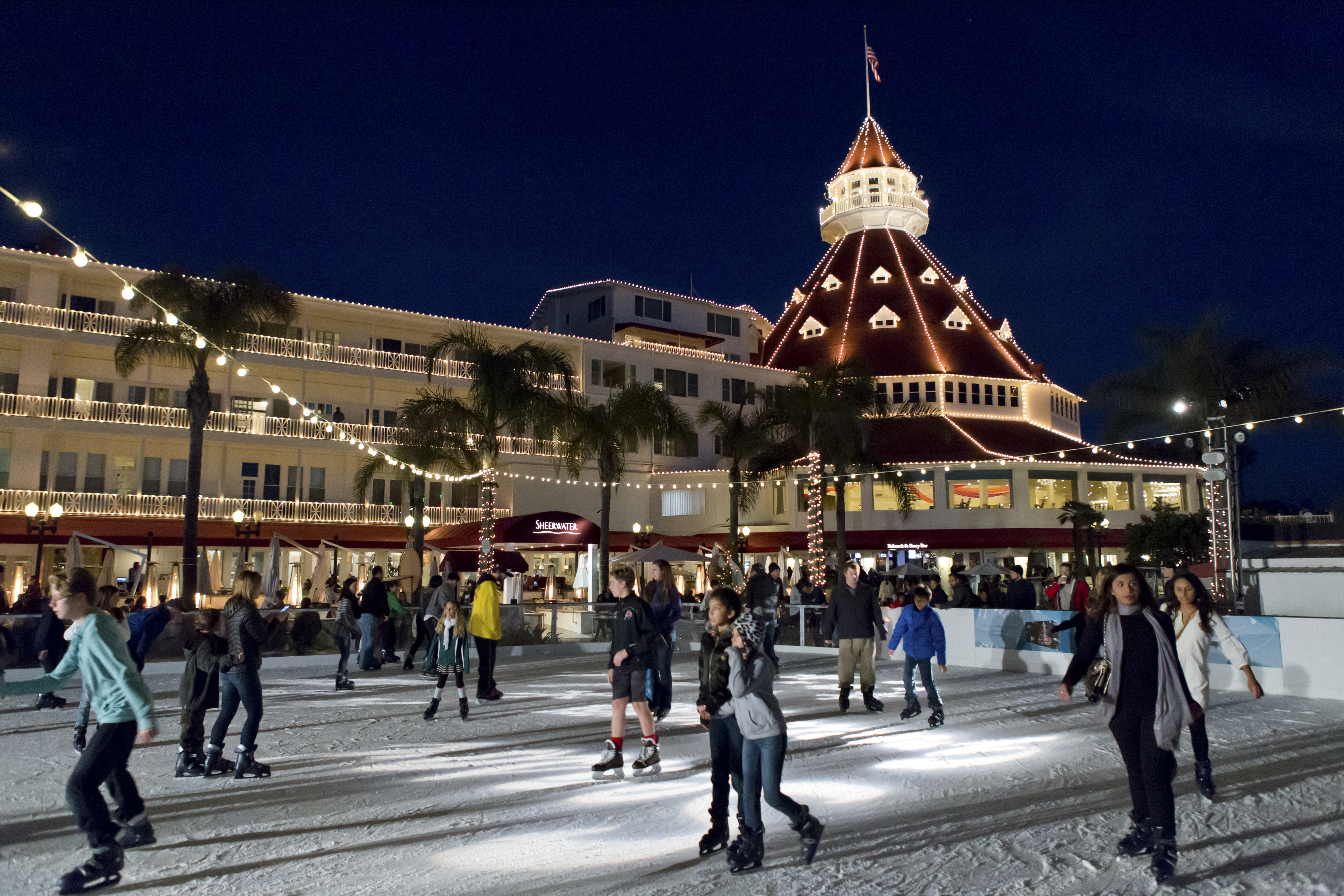Supply of monoclonal antibody treatment, one of the most effective therapies for symptomatic COVID-19 patients, is now severely limited as outbreaks in mostly southern states with low vaccination rates drive a surge in demand.
“On a national level, it's been devastating,” said Family Health Centers of San Diego infectious disease specialist Dr. Christian Ramers. “In my own clinic, we now are told that we have barely a week’s supply. People that don't want to get a vaccine surprisingly are actually really embracing this, even though this is experimental, not FDA approved with no long-term data. People, once they get sick, they want something that's really effective.”
The shortage is so dire that the U.S. Department of Health and Human Services is asking healthcare providers to prioritize the highest-risk people.
“People that we would normally be able to treat if this was last week or last month, we're having to tell them no,” Dr. Ramers said. “This is a very uncomfortable place to be in to have to ration care. No physician and no healthcare provider wants to have to do this.”
Get top local stories in San Diego delivered to you every morning. >Sign up for NBC San Diego's News Headlines newsletter.
Due to the shortage, the agency is now allocating the four different monoclonal antibody treatments that have been granted Emergency Use Authorization by the FDA to states based on case numbers--a shift from its recent strategy allowing states to freely order supplies directly from manufacturers.
“We do have some limitations on the amount of monoclonal antibody that we get here in San Diego,” said San Diego County Deputy Chief Medical Officer Dr. Jennifer Teuter. “It's really been a change in distribution, so instead of the entities ordering directly from the distributor, the entities have to make their request of the amount of medication they want through our county system.”
Clinics offering the treatment, which reduces the risk of hospitalization or death by up to 70%, began to open around San Diego County in December 2020, but were largely empty for months.
Local
As the Delta variant quickly spread, so did word of the therapy.
“People were not really familiar with what it is or what it does,” said Dr. Ramers. “People now realize this is something that can keep you well, it can keep you from getting really sick.”
Four clinics in San Diego County currently offer the treatment, but the opening of a fifth in Clairemont has been postponed because of the shortage.
“We’ve moved the staff…to be able to help there and ensure that all the patients are getting treated. Once we have an abundant supply again, then we'll go ahead and open that new site,” said Dr. Teuter, adding that unvaccinated San Diegans, some of whom have been relying on the antibody treatment instead of getting the shot should think of those who have, and still need the therapy.
“Monoclonal antibodies are not a replacement for vaccination. It is for when people are positive with COVID-19, have symptoms and are medically eligible for this treatment because they have a higher risk of having a serious consequence of COVID,” she said.
Dr. Teuter told NBC 7 that the county clinics are equipped with at least a week’s supply of the drugs used in the treatment.
She said due to the shortage, treatments are given by appointment only for people over the age of 12 who test positive for COVID-19, have symptoms that started within the last 10 days and are at high-risk -- that includes people over the age of 65, pregnant women, as well as immunocompromised people.
Regeneron and Eli Lilly, two manufacturers of the drug used in treatment, both announced this week they have come to new purchasing agreements with the federal government, which has secured 1.4 million doses and 388,000 million doses from the drugmakers, respectively.



